Ever wondered what to do if you hit a deer with your car or come across a roadkill deer that’s already been hit? It’s a common scenario, especially in areas with high deer populations.
Let’s check out the facts about what you can legally do with a roadkill deer and answer some related questions you might have.
Why Deer And Elk Have High Roadkills?
There are several factors contribute to the high incidence of roadkill deer and elk in the US:
The first factor is the numbers. Due to the large population in the U.S., estimated to be about 30 million white-tailed deer and elk, this greatly raises the chances of vehicle accidents.
Secondly, these animals often cross roads, especially in rural areas where they are more common. New roads and expanding cities disrupt their natural paths, leading to more accidents.
Moreover, deer and elk are more active during mating seasons and migrations, also increasing the chances of roadkill. Rural roads are usually built for speed and lack proper crossings for wildlife, making it hard for drivers to see animals in time.
As more people travel these roads and drive faster, the risk of wildlife-vehicle accidents grows.
What Will Happen to Roadkill Deer?
In the US, you can handle a roadkill deer in various, and it can differ by state.
Typical ways to handle a dead accident deer include personal process, carcass burning, and natural decomposition in nature.
Local authorities typically receive reports about roadkill animals and decide what to do with the carcass.
For instance, Alabama allows to keep specific animals, whereas California strictly limits it. In New Jersey, possessing a valid hunting permit is necessary for retaining roadkilled deer, and numerous states require the reporting of such incidents to wildlife officials.
Roadkill impacts deer deaths, with approximately 1.5 million deer-vehicle incidents happening each year, adversely influencing population dynamics. Local law enforcement or animal control usually manages the cleanup, while state transportation agencies occasionally participate, especially during periods of high deer activity.
Can You Take a Roadkill Deer Home?
The short answer is, it depends on where you are. In most states, you can take a roadkill deer home, but there are specific regulations you need to follow.
Such as, in states like Pennsylvania, you need to contact your regional game commission and request a consumption permit within 24 hours of taking possession of the deer carcass. In Minnesota, you can claim a roadkill deer by contacting a law enforcement officer who will issue an authorization permit.
However, in Texas, it’s illegal to take home a roadkill deer. You are only allowed to move it off the road. Always check your state’s specific regulations before deciding to take a roadkill deer home.
Can You Eat Roadkill?
Yes, you can eat roadkill, but there are some important things you should know.
The meat must be fresh and not contaminated in the area. If you hit a deer and it’s freshly killed, you can butcher it yourself and use the meat. However, it’s essential to check for any signs of disease or spoilage before consuming it.
Moreover, you can take it to official drop-off centers for meat testing for the CWD.
If You Hit a Deer, Can You Take It Home?
It is not fully illegal to pick up roadkill animals.
In most states, yes, you can take it home, but you need to follow specific regulations. For example, in Illinois or Indiana, if you hit a deer with your car, the deer is now yours, but you must file a roadkill deer claim report within 24 hours if you didn’t hit it.
After hitting a deer, here is what you need to do:
- If the deer is dead, call the police department or the Game and Wildlife Commission office; make a report and get documentation for your insurance company.
- If the deer is still alive, contact Wildlife Rescue or Animal Control to either put it down painlessly or rehabilitate it if possible.
In some regions, the state will pay for the damage of your car or the insurance company, it depends. You need to prepare the accident report.
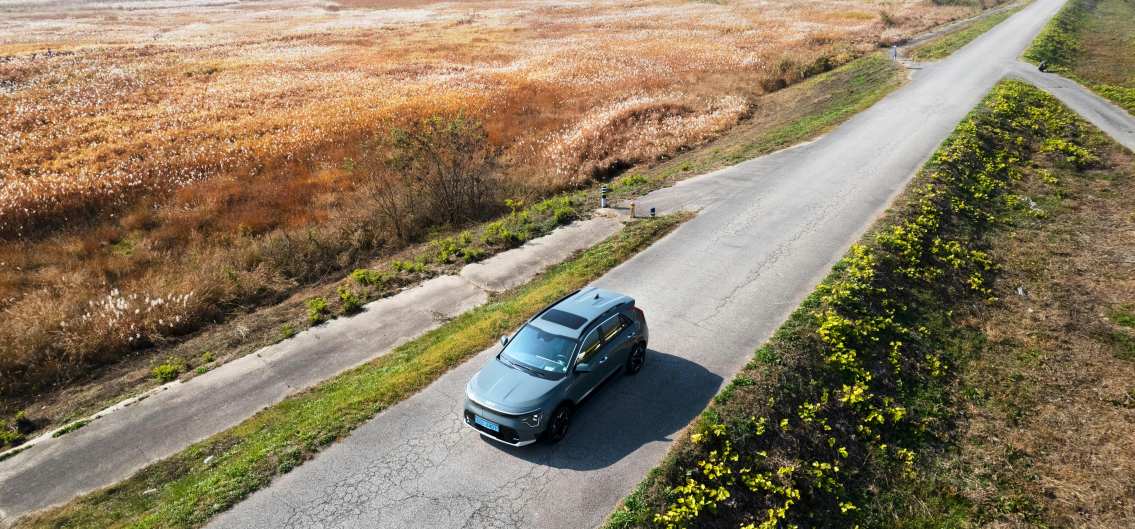
Can You Cut Antlers Off a Roadkill Deer?
In many states, you can cut antlers off a roadkill deer if you have the proper permits. For example, in Pennsylvania, you need to hand over any inedible parts of the animal, including antlers, to the game commission unless you have a fur-takers license.
What Is The Fine for Hitting a Deer on the Road?
Generally, there is no fine for hitting a deer on the road as long as you report the incident to the appropriate authorities. No one will be truly responsible for the accidents.
However, failing to report the incident or taking the deer without the proper permits can result in questions in some regions.
Is Roadkill Deer Safe to Eat?
To determine if a roadkill deer is still good to eat, check for the following:
- Freshness: The deer should be freshly killed, preferably within a few hours.
- Temperature: Colder temperatures preserve the deer meat longer.
- Signs of Disease: Look for any unusual signs like discoloration, foul odor, or bloating.
- Damage: Ensure the meat is not severely damaged from the impact.
You can eat the dead deer if it is freshly killed and shows no signs of disease or spoilage. Always use your best judgment and consider getting the meat inspected if you’re unsure.
How to Report a Roadkill Deer?
To report a roadkill deer, you usually need to contact local law enforcement, the State Game Commission, or the Department of Natural Resources. The contact information can be found on their official websites.
You will need to provide details about the location and deer condition and follow any instructions given by the authorities. By doing this, it will also help monitor the deer population.
Conclusion
Taking home a roadkill deer can be a way to put food on the table, but it’s essential to follow your state’s regulations and ensure the meat is safe to eat.
Always check for freshness, and signs of disease, and get the necessary permits before deciding to take a roadkill deer home.


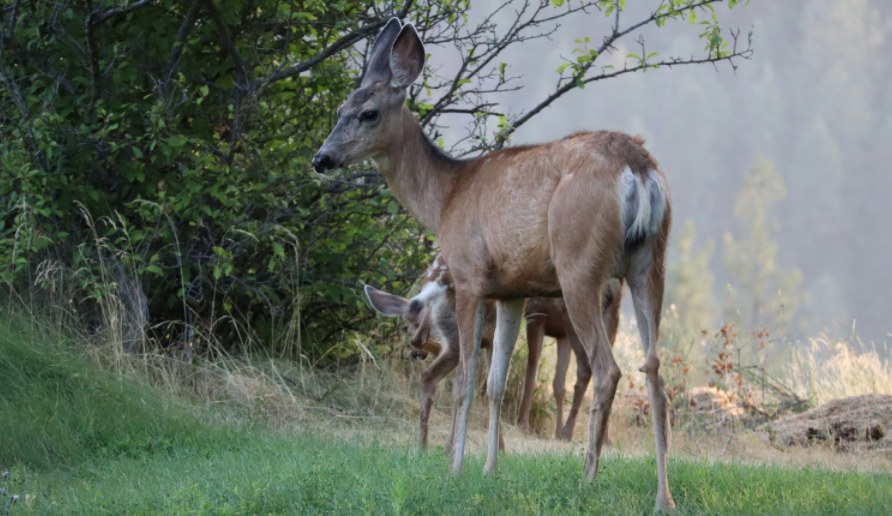
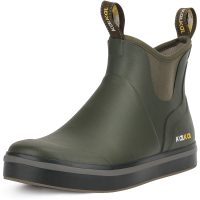


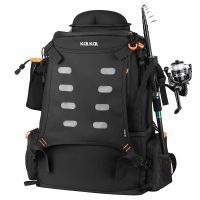





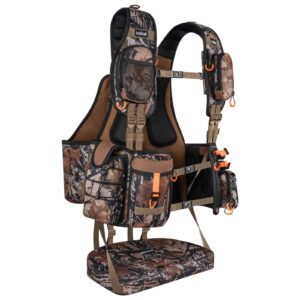

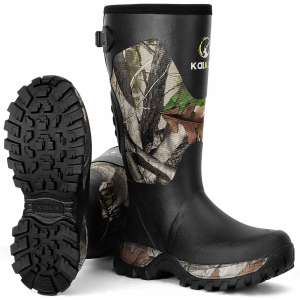
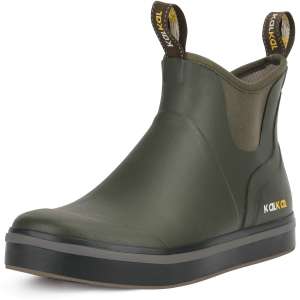
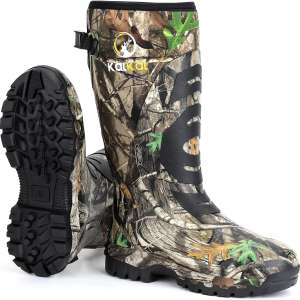


Leave a reply